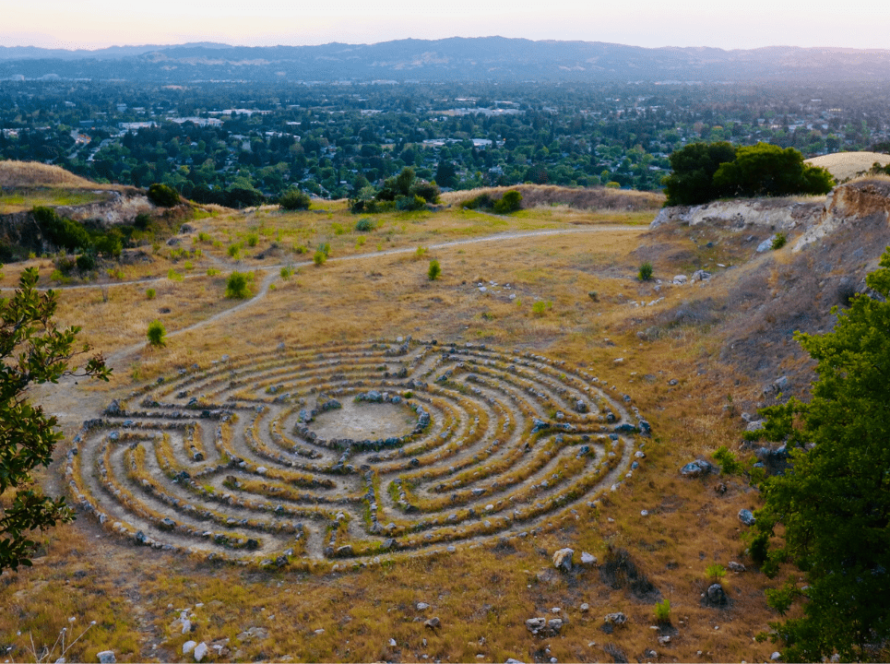As I watch the news of students and citizens of the world united in asking for truth and justice to be restored, I’m reminded of the goddess Ma’at from ancient Egyptian mythology, which I would like to share with you.
In the heart of the ancient city of Thebes, the grand Temple of Ma’at stood tall, its pillars carved with the feathered emblem of the goddess herself. It was here that the citizens gathered, drawn by the promise of justice, truth, and harmony. The High Priestess, Neferet, was the guardian of these sacred tenets, and she wore a necklace adorned with Ma’at’s feather, a symbol of her duty to uphold balance in the land.
One evening, as the sun dipped below the Nile, casting the city in twilight’s embrace, a desperate young man named Ka-Hor arrived at the temple’s gates. His heart was heavy with sorrow, his face marked with tears. He bowed before Neferet, whispering his plea, “Oh great Priestess, my family is unjustly accused of stealing grain from the granary. The overseer demands our exile if we cannot pay a fine. We are poor, and I beg for mercy.”
Neferet’s gaze softened as she listened. She sensed truth in Ka-Hor’s voice but knew the overseer, Seneb, was a powerful figure in Thebes. If corruption had taken root in his heart, uncovering it would not be simple. Nevertheless, she summoned him to the temple the next morning.
When Seneb stood before her, his tunic gleaming with gold embroidery, he denied the accusations with a practiced smile. “The boy’s family has always been troublemakers. Their fate is sealed.”
Neferet, wise in the ways of the goddess Ma’at, recognized that justice required patience and clear sight. She knew a trial would not yield the truth alone, so she consulted with the priests, who devised a plan.
A proclamation was made across Thebes: anyone who wished to speak for or against Ka-Hor’s family should come to the temple that evening. The hall filled quickly, and Neferet took her place atop the dais, her feather necklace gleaming in the torchlight. Seneb stood confidently, while Ka-Hor trembled at his side.
One by one, citizens approached the dais, offering their testimonies. Some spoke in favor of Seneb, but more spoke of the overseer’s cruelty, how he taxed the poor excessively and punished those who could not pay. The truth emerged like a dawning sun, its light scattering the shadows of deceit. The scales tipped against Seneb, and Ma’at’s wisdom prevailed.
Neferet then stood, her voice firm. “The scales of Ma’at have weighed your actions, Seneb, and found them lacking. You have exploited the people of Thebes and abused your power.” She ordered Seneb stripped of his title and fined for his corruption, the proceeds of which went to support the impoverished families he had wronged.
As the people dispersed, Ka-Hor knelt before Neferet, his eyes filled with gratitude. “You have given us back our lives.”
Neferet placed a hand on his shoulder, her expression kind. “It is not I but the wisdom of Ma’at that has restored balance. Go forth and uphold her principles of truth and justice, for they are the pillars that support our world.”
In the days that followed, the people of Thebes found a new strength in Ma’at’s teachings. The scales of justice, truth, and harmony, held by the goddess herself, continued to guide them toward a future where light prevailed over darkness.



